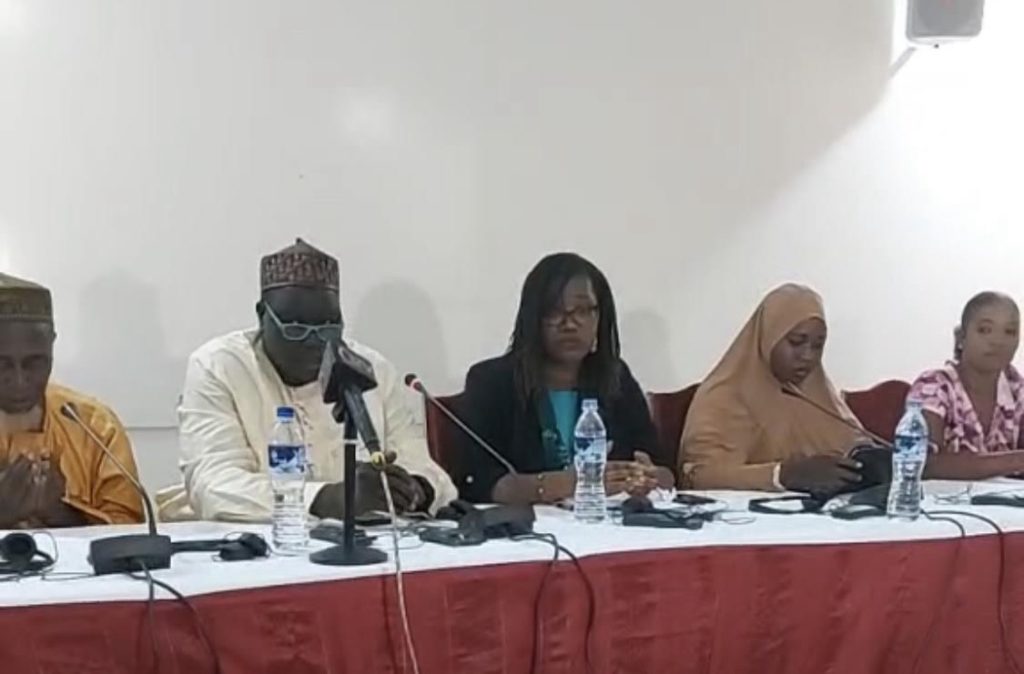
By Ramatoulie Jawo
The Gambia’s Ministry of Trade, Industry, Regional Integration, and Employment, in partnership with the Center for Research and Action on Economic, Social and Cultural Rights (CRADESC) and the Foundation for Equal Justice in Society, held a workshop with journalists on Friday to discuss the findings of a recent study on violations of domestic workers’ rights in the Gambia.
The Gambia, a beneficiary of the project, hosted a national forum that brought together key stakeholders in 2022. Data collection was carried out by domestic workers, state actors, CSOs & organizations working for the rights of women and girls, trade unions, and domestic workers.
Basiru Secka, the principal labor economist at the Ministry of Trade, expressed his appreciation for the project at the event. “The government cannot do it all alone, so if we have a project or intervention that can really come in to add value to what the government is doing, we cannot say anything but thank you CRADESC,” he said.
Secka also emphasized the importance of issuing employment letters to employees.
“Where there is agreement between two people especially when it involves money, there must be a binding agreement. Because some times an employee will come to our office saying that I worked for the person so and so for this number of months but they did not pay me if you ask them if there is any employment letter, they respond no because if there is no employment letter it will be difficult for the government to take part for them to act, there must be a base which is the contract letter,” he stated.
Modou Lamin Suso, speaking on behalf of the General Workers Union, said that the workshop is timely because they have been advocating for the rights of domestic workers in the Gambia for many years.
“We have been talking about this for years now that employment can only go with an employment letter in writing. But most of the people believe in what we call verbal agreements which is very unsafe,” he highlighted.
Fatima Diallo Gaye, the director of CRADESC, describes how the project has successfully gathered over 270 civil society organizations and unions from the region to address the challenges faced by domestic workers.
“So we hope really that at the end of the day, we will be able to have a meaningful engagement on this topic but as well continue the efforts with different stakeholders to achieve our goals,” he told the participants.
A study by CRADESC and domestic worker support groups found that domestic work in The Gambia is plagued by chronic precariousness, with young and vulnerable workers operating in an informal environment where their rights and freedoms are routinely violated.

